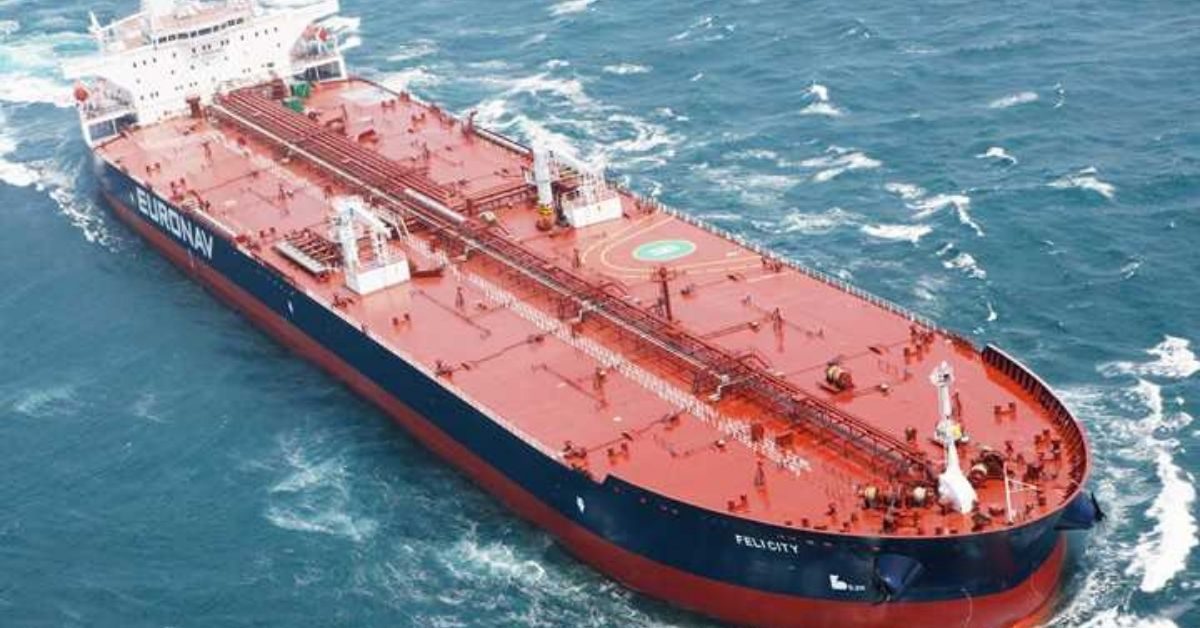While other shipping lines are avoiding the trade with Russia, but a small number of shipowners who are still ready to transport Russian crude are making significant profits on at least one route.
According to shipbrokers, shipping Russian ESPO oil from the eastern port of Kozmino to China can bring in almost $1.6 million. According to data gathered by Bloomberg, that’s around three times as much as there was before the invasion of Ukraine. For ship owners from China, Turkey, and Greece, the lucrative trade has become a daily business.
Russia’s invasion of Ukraine has led to fewer shipowners handling the OPEC+ producer’s crude oil on concerns about reputational damage or running afoul of financial sanctions. Almost all recent exports of ESPO have been transported to, or are bound for Chinese ports, with the occasional shipment going to India.
China’s Cosco Shipping Holdings Co. is among the most active in the ESPO trade alongside Russia’s Sovcomflot, data compiled by Bloomberg and shipbrokers show. Active Shipping & Management Ltd., BEKS Ship Management & Trading SA and Dynacom Tankers Management Ltd. from Turkey are still hauling the grade, along with Greek companies Avin International Ltd. and Estoril Navigation Ltd.
The shipping companies didn’t respond to emails seeking comment.
It usually takes about five days to haul ESPO to China on an aframax tanker, making it one of the more profitable routes globally, said shipbrokers. The short transit time means ships have little downtime when sailing back empty to Kozmino, thus increasing their utilization rates and profits, they added. An aframax can carry about 730,000 barrels of crude.
Those shippers still in the ESPO trade are capitalizing on high profits before new European Union sanctions kick in, after which there will be more scrutiny on dealings with Moscow.
The Group of Seven nations last week discussed different ways to maintain global oil supplies while limiting Moscow’s revenue. A proposal, which included price caps and restrictions surrounding access to insurance cover and shipping services, was floated although no decisions have been finalized.








